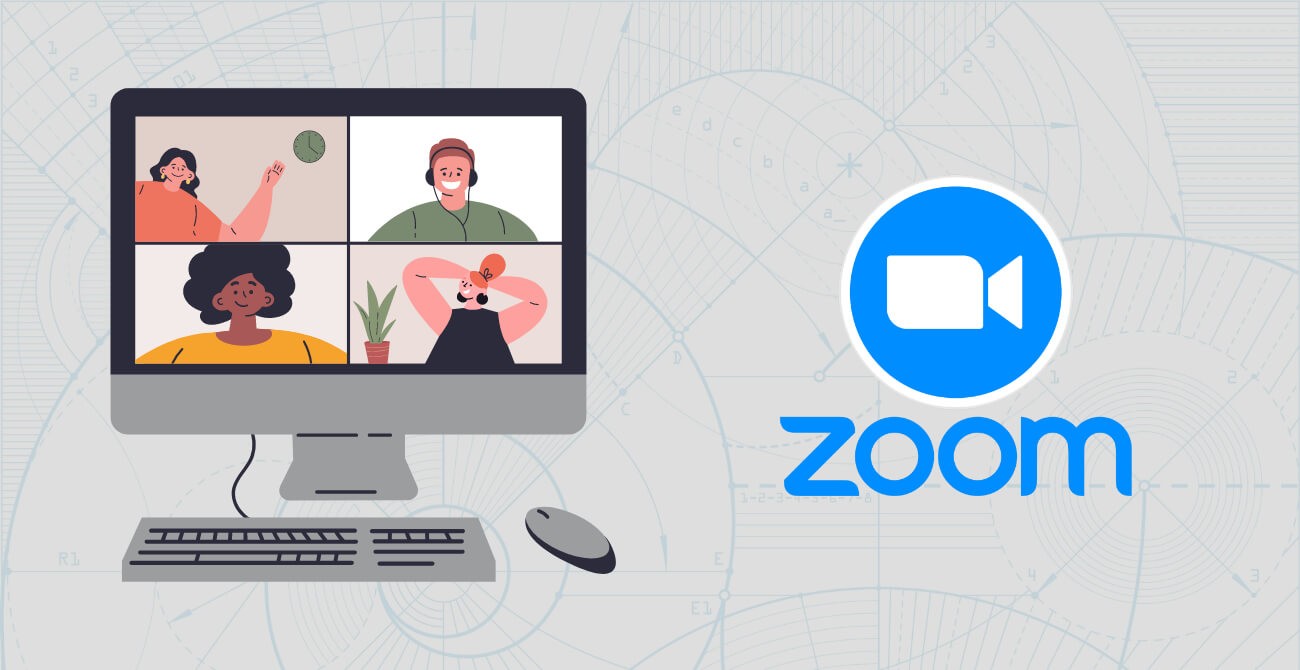
Zoom might use your calls and data to train AI
August 23, 2023Recent alterations to Zoom's terms of service have ignited a wave of controversy. Under these new terms, the platform gains the potential to employ user data for the purpose of training artificial intelligence (AI). The language employed in the updated terms has triggered substantial apprehension within the online community.
The revised terms of service now grant Zoom a sweeping "perpetual, worldwide, non-exclusive, royalty-free, sublicensable, and transferable licence and all other rights required or necessary" to customer content. This encompassing licence extends to various uses, including "machine learning" and "artificial intelligence". Additionally, the terms stipulate that Zoom can utilise specific user data for the training and fine-tuning of algorithms and models, under the categories of "machine learning or artificial intelligence".
Initially brought to attention by the developer-centric website Stack Diary, these policy changes have sparked heated debates online. Users express outrage at the prospect of their data contributing to AI development. However, deciphering the precise extent and method of Zoom's AI implementation remains challenging due to the intricacies of legal language. Privacy experts are anticipated to meticulously analyse these changes.
In response to the online uproar, Zoom issued a blog post clarifying certain aspects of the updated terms. The post reaffirmed users' ownership of their content, albeit with Zoom's ability to utilise it for value-added services. Moreover, the contentious section 10.2, which pertains to AI training, was explained to pertain to "certain information about how our customers in the aggregate use our product". This distinction underscores Zoom's view of this data as its own, generated by the service.
Zoom emphasised in bold that it does not employ audio, video, or chat content for AI model training without customer consent. The company also highlighted that users who opt for its generative AI functionalities, like meeting summaries, will have the choice to share their content for AI training. A toggle switch offers control over data access.
While utilising service-generated data for AI development isn't uncommon, the intimacy associated with video calls has stirred immediate reaction to the possibility of personal conversations and images being utilised for AI. Here are tips to stay safe while making video calls. Zoom asserts user choice in this matter, but the firm wording in the terms of service has generated significant unease among users. As is customary with terms of service, the long-term implications remain uncertain due to their open-ended nature and complex language.
Zoom has recently faced a public relations challenge, compelling employees back to the office despite its initial association with remote work. Employees within proximity to offices are mandated to attend in person at least twice weekly. These narratives underscore issues of trust: just as Zoom's employees face a shift in trust, users grapple with placing confidence in the platform's revised terms.
